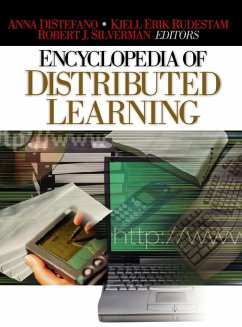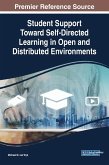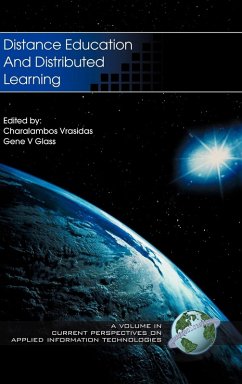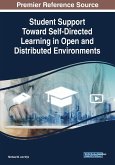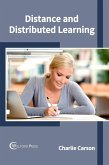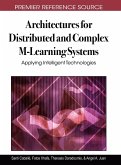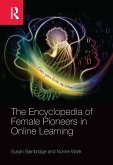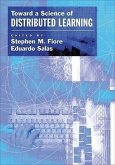"This volume will appeal to a wide array of readers, from novices to those already working in the field. Recommended for all collections." --CHOICE "Reference literature has been hard put to keep pace with its (distance learning) changes so the appearance of an Encyclopedia is most welcome. Recommended for academic and public libraries." --LIBRARY JOURNAL In today's fast-paced world, with multiple demands on time and resources as well as pressures for career advancement and productivity, self-directed learning is an increasingly popular and practical alternative in continuing education. The Encyclopedia of Distributed Learning defines and applies the best practices of contemporary continuing education designed for adults in corporate settings, Open University settings, graduate coursework, and in similar learning environments. Written for a wide audience in the distance and continuing education field, the Encyclopedia is a valuable resource for deans and administrators at universities and colleges, reference librarians in academic and public institutions, HR officials involved with continuing education/training programs in corporate settings, and those involved in the academic disciplines of Education, Psychology, Information Technology, and Library Science. Sponsored by The Fielding Graduate Institute, this extensive reference work is edited by long-time institute members, bringing with them the philosophy and authoritative background of this premier institution. The Fielding Graduate Institute is well known for offering mid-career professionals opportunities for self-directed, mentored study with the flexibility of time and location that enables students to maintain commitments to family, work, and community. The Encyclopedia of Distributed Learning includes over 275 entries, each written by a specialist in that area, giving the reader comprehensive coverage of all aspects of distributed learning, including use of group processes, self-assessment, the life line experience, and developing a learning contract. Topics Covered Administrative Processes Policy, Finance and Governance Social and Cultural Perspectives Student and Faculty Issues Teaching and Learning Processes and Technologies Technical Tools and Supports Key Features * A-to-Z organization plus Reader's Guide groups entries by broad topic areas * Over 275 entries, each written by a specialist in that area * Comprehensive index and cross-references between entries add to the encyclopedia's ease of use * Annotated listings for additional resources, including distance learning programs, print and non-print resources, and conferences Advisory Board Tony Bates University of British Columbia Gregory S. Blimling Appalachian State University Ellie Chambers The Open University, U.K. Paul Duguid University of California, Berkeley Kenneth C. Green The Campus Computing Project Linda Harasim Simon Fraser University Sally Johnstone WCET Sara Kiesler Carnegie Mellon University William Maehl Fielding Graduate Institute Michael G. Moore Pennsylvania State University Jeremy Shapiro Fielding Graduate Institute Ralph A. Wolff Executive Director, Western Association of Schools and Colleges
Bitte wählen Sie Ihr Anliegen aus.
Rechnungen
Retourenschein anfordern
Bestellstatus
Storno

